The esports industry continues to grow at an incredible rate, reaching millions of fans worldwide. As viewership and revenue numbers climb ever higher, more and more brands are taking notice and sponsoring top teams, leagues, and events. These sponsorships provide crucial financial support that helps drive further expansion within esports.
This article will examine 10 of the most prominent esports sponsors in 2024 who are helping transform the gaming scene into a multi-billion dollar industry.
1. Mercedes-Benz
Building Brand Awareness Among Young Consumers
In May 2024, Mercedes-Benz partnered with powerhouse organization T1, marking the luxury automaker’s first major foray into the world of esports. The deal saw T1 receive a fleet of premium Mercedes vehicles, including providing star player Lee “Faker” Sang-hyeok with an AMG EQE 53 4MATIC+ EV worth over $120,000.
This unique sponsorship aligns with Mercedes’ desires to connect with younger demographics and build awareness among digitally-inclined consumers. Esports fans tend to be younger and more tech-savvy compared to traditional sports fans, making them an ideal target audience for a classic brand reinventing itself for the 21st century marketplace.
Additionally, Riot Games’ elite global esports league for League of Legends (LoL), the LCS, counts Mercedes-Benz as one of its premier partners. This wide-ranging sponsorship includes providing specially-designed championship rings bearing Mercedes branding to the winners of LoL’s annual World Championship.
Looking Ahead
Mercedes’ commitment to esports is clearly more than just a passing fancy, with their deal extending T1 partnership set to run for 2 and a half years until the end of 2025. With esports viewership numbers continuing to break records year after year, expect even more non-endemic sponsors to follow Mercedes’ lead by investing in this rapidly-expanding industry.
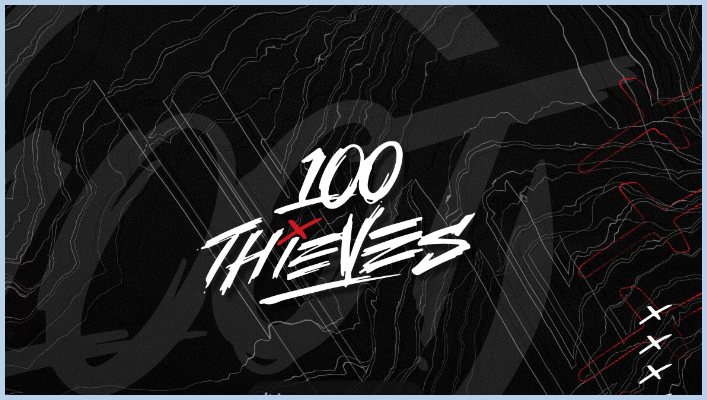
2. Samsung
A History of Esports Involvement
As one of the earliest electronics brands to recognize the potential of esports, Samsung has an extensive history of sponsoring competitive gaming. Their first major foray into the scene began in 2013 with the founding of Samsung Galaxy, an esports organization that fielded pro teams across games like Starcraft II, League of Legends, and more.
In the years since, Samsung has sponsored a wide array of esports properties:
● Global tournament organizers like Intel Extreme Masters, Major League Gaming, DreamHack, and World Cyber Games
● Notable teams such as SK Telecom T1, Fnatic, Evil Geniuses, and Guild Esports
Bringing Mobile Esports to the Masses
Capitalizing on the massive shift toward mobile gaming, Samsung further expanded their esports imprint in 2022 by inking an exclusive partnership with ONE Esports. Together, they launched a mobile app tailored specifically for Samsung Galaxy devices that provides comprehensive coverage of ONE’s events across Southeast Asia.
Centered on promoting their cutting-edge mobile devices and gaming monitors, this collaboration displays Samsung’s multi-pronged approach of engaging with esports fans both as viewers and competitors. With mobile gaming viewership exploding in recent years, securing such exclusive sponsorship rights enables Samsung to align their brand with the future of the industry.
3. Red Bull
A Perfect Pairing
Red Bull burst onto the esports scene in 2006 by signing Halo 2 pro gamer David "Walshy" Walsh, kicking off over 15+ years of continuous support and sponsorship within the gaming world. In addition to their own branded Red Bull esports team, they currently hold high-profile partnerships with the likes of OG, G2 Esports, and T1.
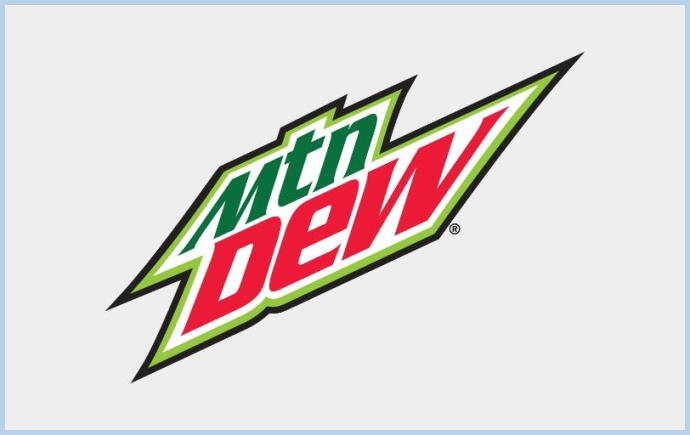
The beverage company views the typically young and energetic esports audience as an ideal demographic for showcasing their extreme performance-enhancing image. And by providing nutritional and mental coaching for partnered pro gamers, Red Bull bolsters the idea that their products can help players reach the pinnacle of gaming success.
By the Numbers
Red Bull reportedly invests an average of $30-55k per sponsored esports athlete, with higher amounts up to low 6-figures for especially prominent players.
After seeing tremendous ROI from past events like the Red Bull Battle Grounds tournaments for Dota 2
and Starcraft II, Red Bull continues pouring money into the space, paying out $245k in their current deal with T1.
With Red Bull’s parent company boasting an impressive €16.96 billion net worth as of 2022, expect their flag to keep flying high over esports sponsorships for the foreseeable future.
4. Intel
Over 20 Years of Esports Support
When it comes to longevity within esports sponsorships, perhaps no brand has been more instrumental than Intel. The computer hardware giant kickstarted their partnership with ESL (then known as the Electronic Sports League) way back in 2002, marking over 20 consecutive years of esports collaboration.
Central to this long-running alliance is the Intel® Extreme Masters (IEM) circuit, which stands out as one of competitive gaming’s most prestigious and enduring global tournament series. Featuring stops in cities across North American, Europe, Asia and beyond, IEM events have awarded over $33 million in prize money since 2006.
Intel has also been a cornerstone partner for ESL subsidiary DreamHack, sponsoring their live open festivals and branded Masters championship events held multiple times per year.
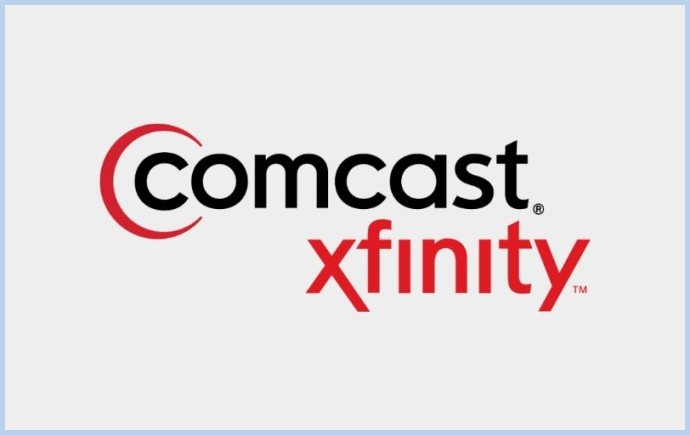
Investing in the Future
Even after two decades working together, Intel and ESL clearly see plenty of gas left in the esports sponsorship tank. In April 2021, the duo announced a lucrative 4-year contract extension running through 2025.
Valued at over $100 million, this new agreement calls for enhanced event production quality, increased amateur opportunities, as well as confirmed Intel branding presence at the IEM Katowice Major in 2025.
With esports seemingly still in its infancy regarding mainstream appeal, Intel’s pledge of major continued investment bodes quite well for the future of the industry at large.
5. Coca-Cola
A Global Giant Enters the Fray
Having sat on the sponsorship sidelines for the past half-decade, 2022 marked Coca-Cola’s triumphant return to the esports industry when they inked a brand new deal with Riot Games.
Centered on Riot’s massively popular mobile title Wild Rift, this multi-year agreement sees Coca-Cola leverage their unmatched global brand reach to promote mobile esports on the world stage. Through specially created marketing campaigns and fan engagement opportunities, the soft drink icon aims to permeate deeper into the gaming community.
While exact financial details remain undisclosed, Coca-Cola’s presence undoubtedly brings an air of mainstream credibility. Given their past esports involvements including sponsoring the League of Legends World Championships from 2013 to 2016, Coca-Cola’s latest partnership reinforces their belief in competitive gaming’s increasingly broad commercial appeal.
6. Microsoft
Past, Present, & Future Gaming Dominance
Microsoft certainly requires no introduction for their instrumental role in shaping video games as both a cultural phenomenon and big business. Early hits like Age of Empires and the Halo franchise established Xbox as a dominant console platform, while recent acquisitions like Minecraft, Call of Duty, and Candy Crush cement their current gaming influence across multiple genres and audiences.
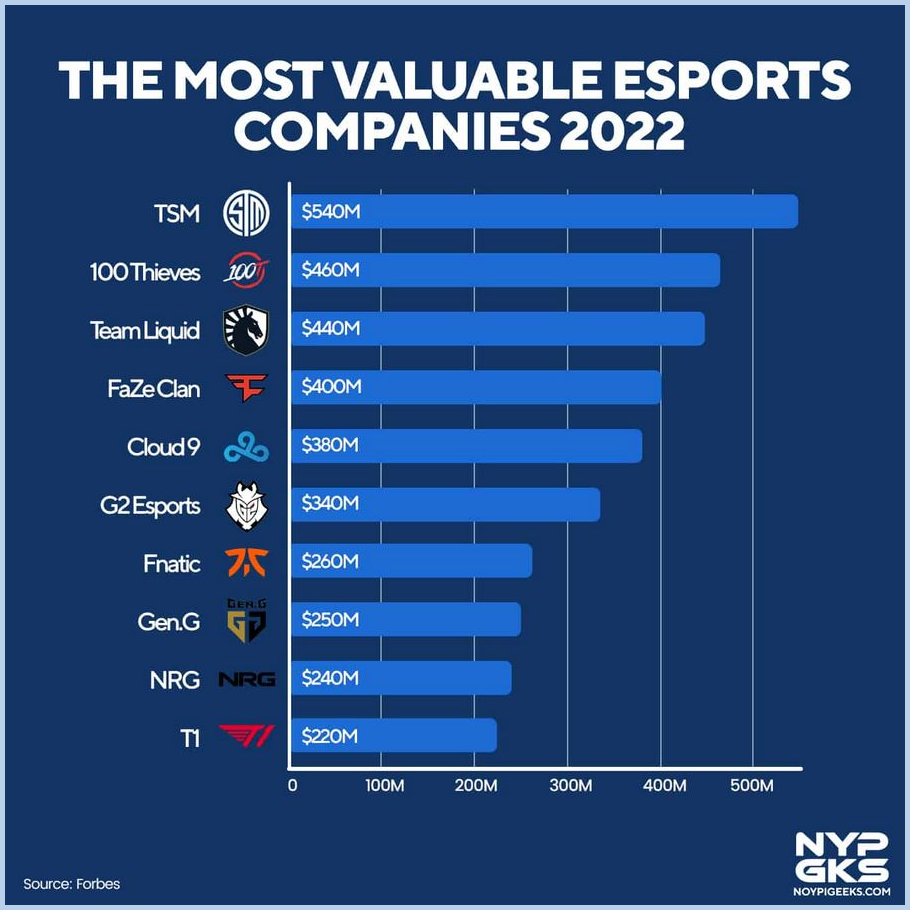
It should come as no surprise then that Microsoft is also making big waves within the esports ecosystem:
● Cloud9 Partnership (2019) – Microsoft signed on as the official analytics provider for C9’s elite League of Legends
and CS:GO teams, gaining direct exposure to millions of esports fans.
● Activision Blizzard Acquisition (2022) – Microsoft’s industry-rattling $68.7 billion purchase brought numerous blockbuster esports titles like Overwatch, Call of Duty, and Starcraft under their company umbrella.
● Skyesports Tournament Sponsorship (2024) – Just this May, Microsoft and AMD were announced as co-sponsors for the upcoming $245k Valorant Skyesports Masters event.
Boasting a net worth north of $300 billion, Microsoft clearly has the resources to become a driving force in almost any sector they set sights on. And with gaming and esports representing key growth areas for the tech conglomerate, substantial investments into competitive gaming appear highly likely over the next decade.
7. Mobil 1
When it comes to major esports sponsors in 2024, motor oil likely isn’t the first thing that comes to mind. However, leading synthetic oil brand Mobil 1 has gradually strengthened their ties to competitive gaming thanks to some high-profile partnerships centered around Rocket League.
● Rocket League Esports (2018-Present) – Since 2018, Mobil 1 has sponsored the game’s top-flight North American competition, the Rocket League Championship Series (RLCS).
● Gen.G Partnership (2022) – This unique collaboration birthed two nouveau Rocket League teams wearing Mobil 1 jerseys: Gen.G Mobil 1 Racing and Gen.G Mobil 1 Racing Black (the latter being an all-women roster).
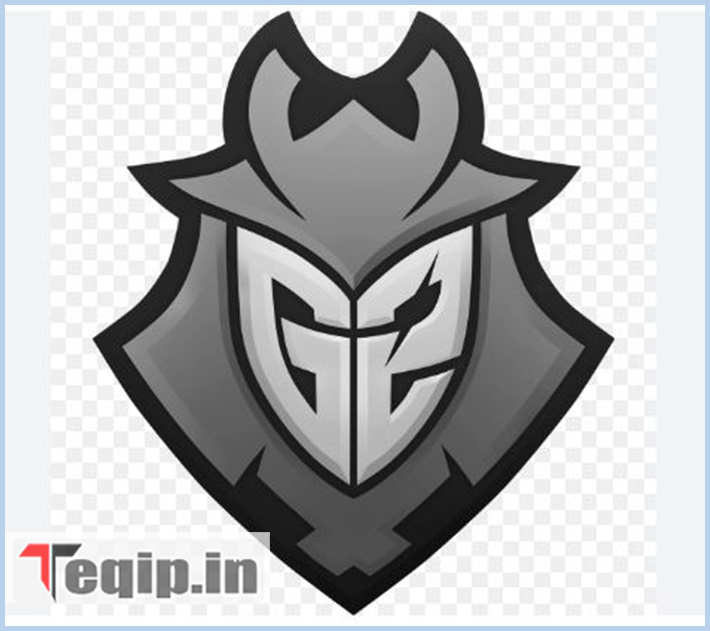
On the surface, Rocket League and motor oil make for odd bedfellows. However, Mobil 1 likely views the vehicular soccer title’s young demographic as the perfect avenue to build enduring brand affinity with the next generation of auto enthusiasts.
Additionally, supporting an upstart women’s team aligns nicely with Mobil 1’s recent efforts highlighting inclusion in motorsports. As major brands across industries strive for greater diversity in their marketing and sponsorships, Mobil 1 managed to accomplish both goals via this single esports partnership.
8. Mountain Dew
The Official Drink of Gaming
Over the past decade, PepsiCo subsidiary Mountain Dew has aggressively positioned their neon green soda as the
quintessential companion for gamers and esports fans.
Recent examples of their competitive gaming support include:
● OpTic Texas Sponsorship (2022) – Mountain Dew came onboard as presenting sponsor for the first Call of Duty League Major tournament held by Envy Gaming’s OpTic Texas franchise.
● HBCU Esports Investment (2022) – Mountain Dew backed the Real Change Challenge, an initiative sponsoring tournaments and providing $500k in scholarship prizes to participants from Historically Black Colleges & Universities (HBCUs).
● Gaming Metaverse Activation (2022) – Capitalizing on the Web3 craze, Mountain Dew leveraged a partnership with video game networking platform Holojam to host a virtual watch party for the Call of Duty League playoffs.
With parent company PepsiCo hauling in $86 billion in 2022 revenue, and Mountain Dew specifically representing their most important product line, expect the brand’s gaming/esports sponsorships to keep on flowing for years to come.
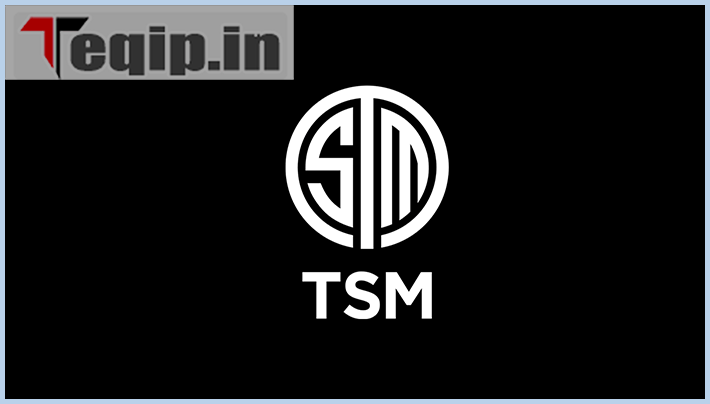
9. Ally Financial
This Michigan-based financial institution vaulted into esports headlines in early 2024 thanks to the launch of their very own women’s Rocket League circuit, the Ally Women’s Open. Boasting a prize pool over $40k, this tournament aims to provide new opportunities and exposure for female players while solidifying Ally’s sponsorship footprint within the space.
They further cemented themselves as key Rocket League partners after signing on as the North American RLCS’ official banking sponsor
for the Winter and Spring splits in 2024.
For Ally, competitive gaming sponsorships allow them to boost brand awareness with the ever-elusive millennial and Gen Z market segments. And Rocket League’s mass appeal across casual and hardcore gamers makes it the perfect gateway esport to court new fans both in the stands and on the pitch.
10. GG.BET
Since bursting onto the scene in 2020, esports betting site GG.BET has aggressively sought out sponsorships with some of competitive gaming’s premier events and talent.
Most notably, they became the first legal betting partner in Dota 2 history when they signed an exclusive deal to sponsor 2022’s prestigious The International tournament. This coveted partnership included collaborations with top DOTA pros to create custom TI11 betting promotions and content.
GG.BET also maintains a strong presence within Counter-Strike, having sponsored the last 3 iterations of CS:GO Major Championships held by tournament organizer PGL in 2021 and 2022.
Their involvement goes beyond just plastering logos at events, as GG.BET also creates unique esports content through influencer collaborations and live streams that deliver betting analytics and data direct to fans.
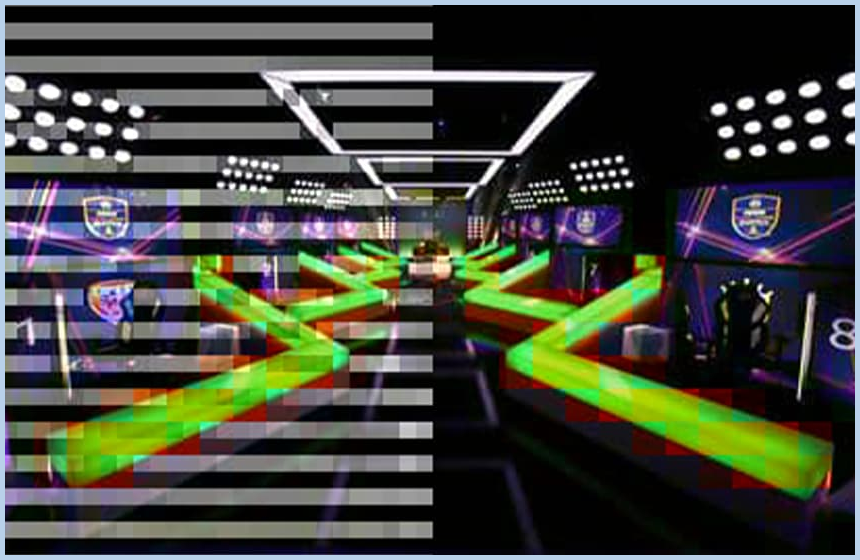
While entering the complex US sports betting market appears an eventual inevitability, GG.BET has firmly established themselves internationally thanks to these continued competitive gaming sponsorship efforts.
Esports Sponsors Fuel Industry Growth
Competitive gaming sits poised to enter the sports mainstream quicker than anyone could have predicted just a few short years ago. And powering this tremendous rise are blue-chip corporate sponsors like Mercedes-Benz, Red Bull, and other giants displaying unprecedented faith in esports’ potential.
Their investments directly enable bigger prize pools, top-tier production values, and most importantly – worldwide visibility so more fans than ever can enjoy elite video game competition.
Simply put: without sponsors’ support, the esports industry would remain a niche hobby rather than ascending into a multi-billion dollar sports and entertainment behemoth.
Frequently Asked Questions
How do sponsorships work in esports?
Esports sponsorships function similarly to traditional sports endorsements. Brands provide funding to teams/leagues in exchange for promotion like displayed logos, branded content, advertising, and more.
Who is esports’ biggest organization?
Currently, that crown belongs to TSM FTX with a valuation exceeding $540 million. Their elite teams in League of Legends and Valorant make them one of esports’ most visible brands.
Who is the most influential gamer?
Based on total YouTube subscribers, PewDiePie reigns supreme with over 111 million followers and 29 billion lifetime views. However, esports athletes like Ninja and Shroud show equally impressive influence within gaming culture.
Who is the largest esports company?
In terms of pure market value, that title unequivocally belongs to Chinese holding company Tencent (around $500 billion market cap). As owners of Riot Games and the League of Legends IP, their gaming portfolio drives higher revenues than any other player in the industry.
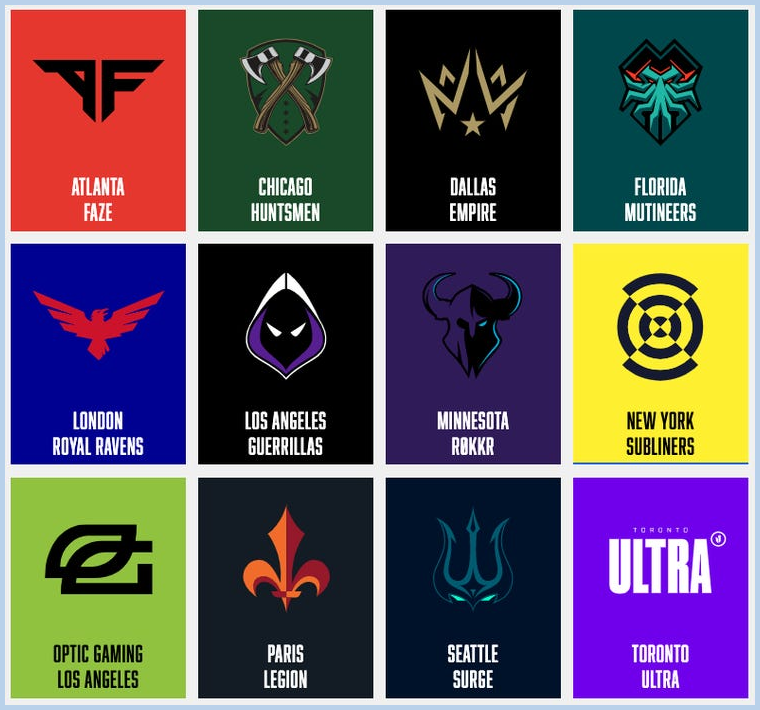
Who was esports’ youngest millionaire?
That distinction goes to Jaden “Wolfiez” Ashman who won $1.18 million playing Fortnite at only 15 years old. His 2nd place finish at the inaugural Fortnite World Cup cemented his name in the esports history books.